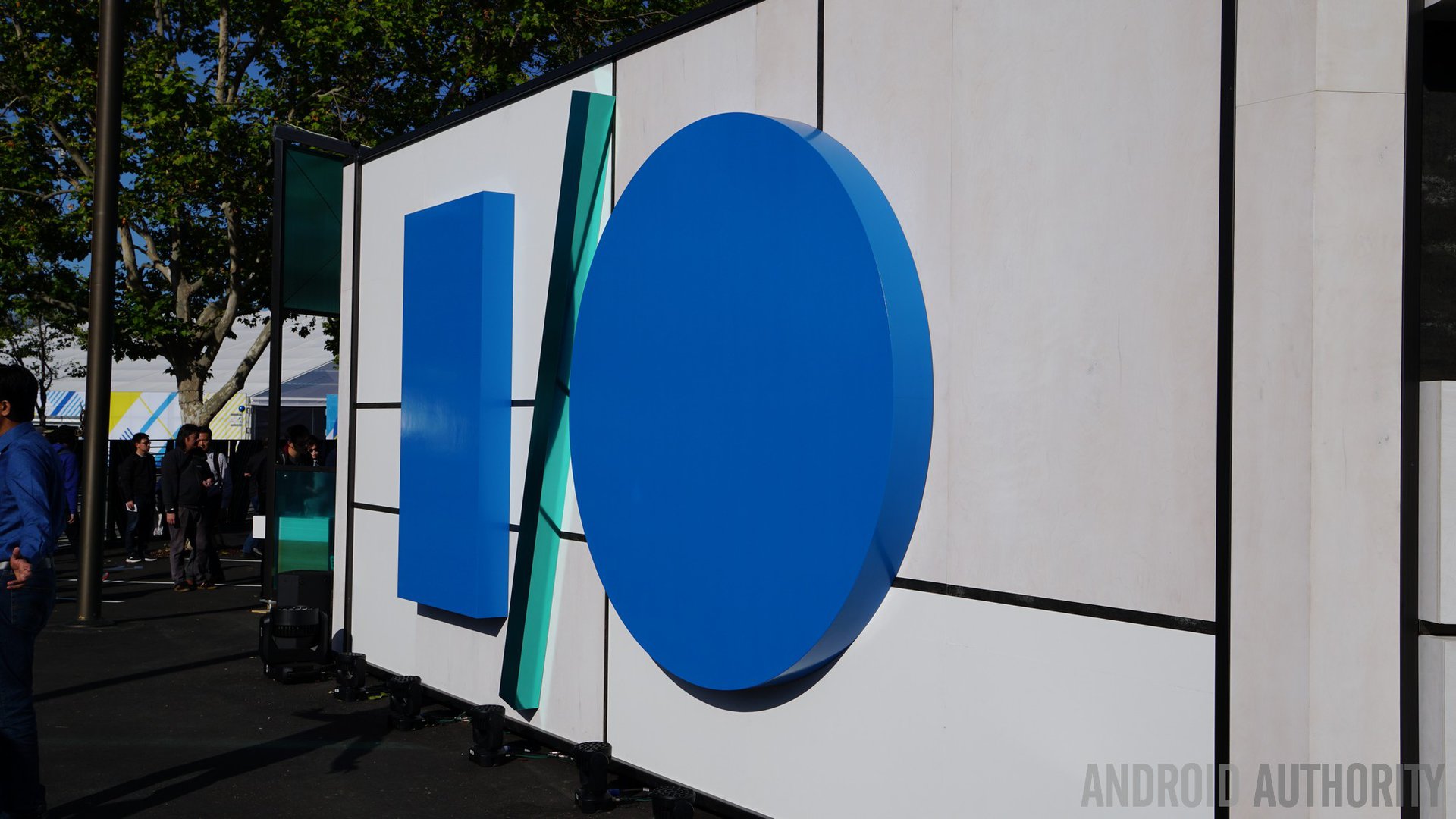Affiliate links on Android Authority may earn us a commission. Learn more.
Google will learn if it will be charged in EU antitrust cases in a few months

Google will learn very soon if it will be charged in the many antitrust cases that have been under investigation by the European Commission, the European Union body that oversees competition.

According to Reuters, Tommaso Valletti, the European Commission’s chief competition economist, stated in a conference today that the agency will announce its decision on all the Google cases “in the next few months.” If the Commission does decide that Google did violate its anti-trust laws, the company could be hit with large fines.
The Commission actually has three separate antitrust probes into Google's business practices.
The Commission actually has three separate antitrust probes into Google’s business practices. It first started investigating the company way back in 2010, with the Commission claiming that Google promoted its own shopping listings on its search results over its rivals. Google has tried to settle that particular case a number of times, but so far its efforts have not satisfied the Commission.
In 2016, the Commission announced it was filing official charges against Google for anti-competitive behavior surrounding its Android operating system. The Commission claims Google has prevented competitors from offering rival search apps and other services on Android devices. While Google has denied those charges from the Commission, it recently settled with the country of Russia over similar antitrust complaints. Among other things, Google has agreed to not require hardware makers that apps like Maps, Gmail and others to be pre-installed on phones sold in Russia in order for those devices to gain access to the Google Play Store (they will still have the option to preinstall those apps, however).
Later that year, the Commission said it was also looking into Google’s AdSense service, which provides the majority of Google’s revenue. It says it is investigating complaints from rivals that AdSense, combined with Google’s search engine, offer an unfair advantage when running ads on websites.
Google has tried in the past to make the case that its business practices actually encourages competition, as well as provide more choices for European consumers. The Commission doesn’t seem to agree, and we won’t have to wait much longer to find out exactly what changes the agency will ask Google to make for Europe, along with any fines it will have to pay.